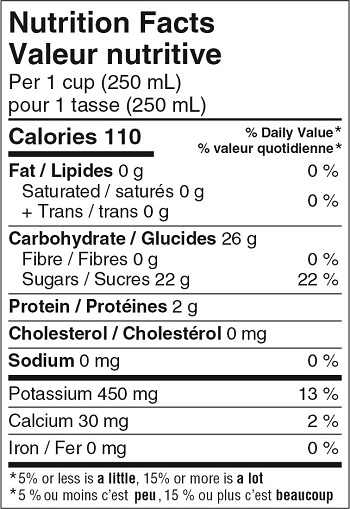Understanding Electrical Therapy
Electrical therapy involves applying electrical currents to stimulate nerves and muscles which supports healing and pain relief. At Alliance Chiropractic, we use two types: Interferential Current Therapy (IFC) and Electrical Muscle Stimulation (EMS).
Interferential Current Therapy (IFC)
IFC delivers low-frequency electrical currents to targeted areas, penetrating the skin to stimulate underlying nerves and tissues. This helps to:
- Reduce pain by interfering with pain signals to the brain
- Decrease swelling through increased blood circulation
- Relax muscles by relieving spasms and tension
- Promote healing by delivering nutrients and oxygen to damaged tissues
Electrical Muscle Stimulation (EMS)
EMS uses electrical impulses to create muscle contractions to help:
- Prevent or slow muscle atrophy (shrinking) due to lack of use
- Increase local blood circulation
- Maintain or increase range of motion
- Retrain muscles to contract properly following injury
IFC vs. EMS - What’s Right for You?
IFC penetrates deep tissues and is a great option for pain relief and muscle relaxation
EMS is used to re-educate and rebuild muscles following injury
Both therapies are tailored to individual patient needs at Alliance Chiropractic.
What Conditions can Electrical Therapy Help with?
We use electrical therapy to help patients suffering from:
- Sciatica
- Whiplash
- Tendonitis
- Plantar fasciitis
- Carpal tunnel syndrome
- Rotator cuff injuries
- Piriformis syndrome
- Runner’s knee (ITB syndrome)
- Golfer’s and tennis elbow
- Patellar tendonitis (jumper’s knee)
What to Expect During Treatment
What will I feel? Most patients experience a mild tingling or vibrating sensation
How long does treatment last? Treatments typically last 15 to 30 minutes
How often is treatment? Usually two to three sessions per week during the initial phase of treatment, and then treatments are reduced over time
Is Electrical Therapy Right for You?
If you are in chronic pain, have muscle spasms, or are recovering slower than expected from an injury, electrical therapy is an effective, non-invasive, drug-free option.
Understanding how interferential current and electrical muscle stimulation therapies work, can help you ask the right questions so you can find the best treatment.
Contact us to learn more about electrical therapy or if you have concerns about your musculoskeletal health and wellness. We’ll do our best to answer your questions and help you make informed decisions.
Want to stay updated on health information? Subscribe to our quarterly newsletter here.
Information for this blog was sourced from alliancechiroandwellness.com.











